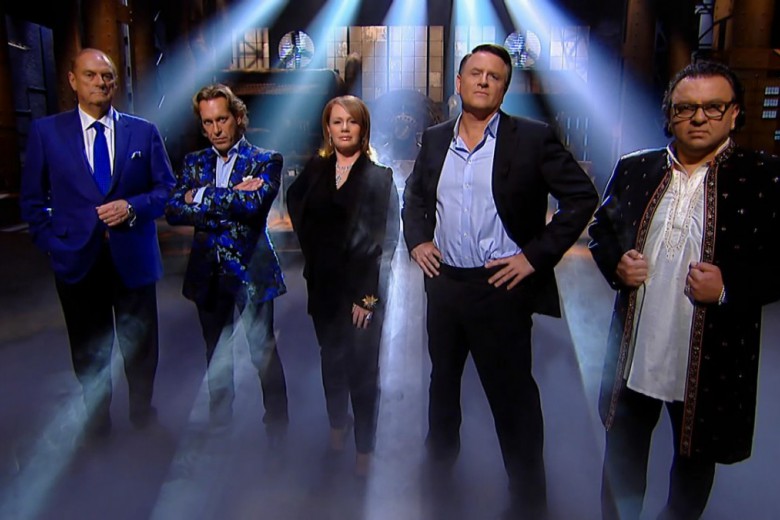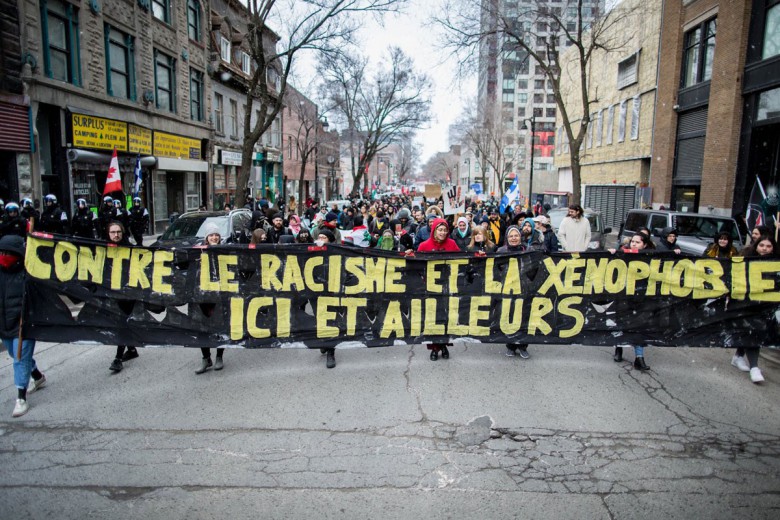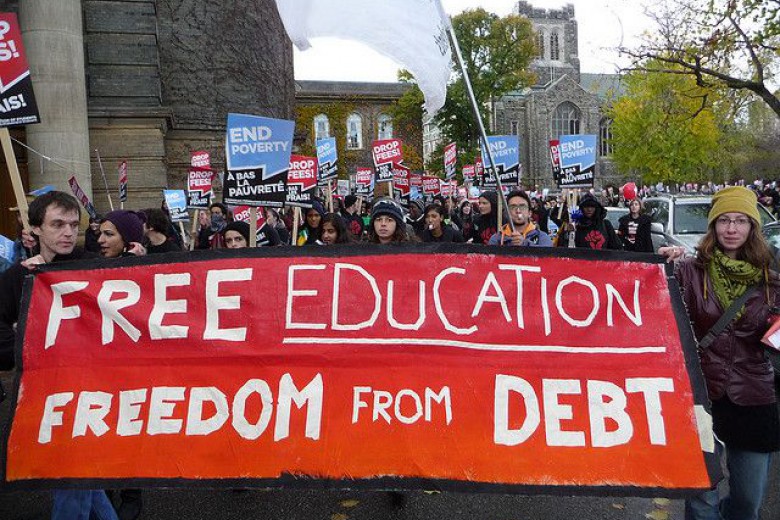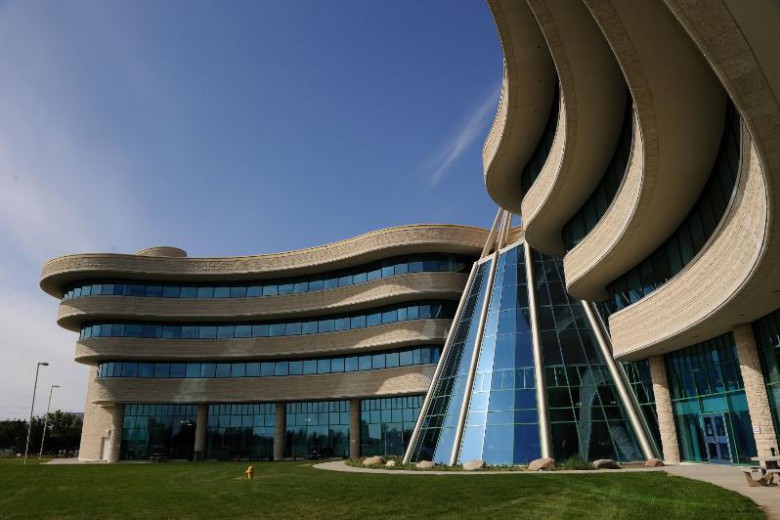
“Who could bear to hold privilege that meant the suffering and death of others if they had not been trained from early childhood to see these others as not real?
“Who would tolerate, for even an hour, the inhuman conditions imposed by the privileged, if they had not been trained from early childhood to feel themselves not fully entitled to life?”
—Aurora Levins Morales, Medicine Stories
For two summers several years ago I worked as a literacy tutor for migrant workers in southern Ontario. I had read Paolo Freire’s Pedagogy of the Oppressed and brought with me all kinds of ideas about popular education, but it was all just theory for me at that point. Those two summers taught me more about power, privilege, dignity and the emancipatory potential of education than anything I have done before or since.
I remember one hot August evening, a greenhouse worker named Christopher dropped by the migrant worker support centre and told me that he wanted to improve his reading and writing.
We sat in the backyard, and I handed him a short poem about Malcolm X I had found in an adult literacy reader. Christopher read the poem aloud without much difficulty. After a nervous pause, he then told me that to get a driver’s license in Jamaica, where he was from, you need to pass a basic literacy test that involves reading a few words aloud and then writing a sentence. It was the sentence that frightened him; he’d heard rumours that the test is given in a crowded room, and that everyone would laugh at you if you failed.
“You just read that poem no problem,” I said. “Do you want to try to write a sentence about it?”
Christopher picked up a pencil and, with meticulous attention, wrote the following:
Malcolm is a black man most people look up on. He talk about rights and justis for people all over the world.
I haven’t seen Christopher since, but I would bet he’s got his driver’s license now. He had wanted it so he could get a better job at home in Jamaica, so he wouldn’t have to come back to an Ontario greenhouse anymore. I hope he got his wish.
I share this story because I can’t think how else to preface an issue about education. The topic is at once too broad and too personal – we could have filled several times the space with articles that explore the politics of education and profiles of initiatives that are revolutionizing the way we teach and learn.
What follows, then, is just a sampling of the complexity, importance and urgency of the topic – a rich sampling, I would venture, but we offer it in the knowledge that much more can, and must, be said on the topic.






